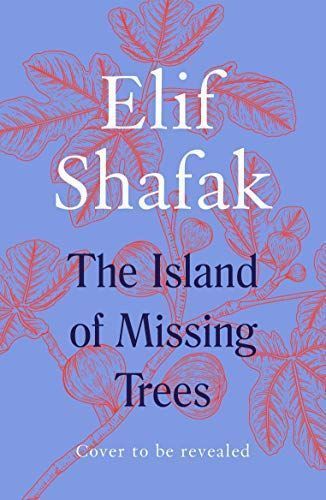
Reviews
safs@safsreads
Hyshe Thaufeeg@hyshe
Bilge Ince@bilge
charisa@charisa
Faith Ho @faithho
jini@milfsaki
Spencer McWilliams@lilteine
Claudia Scully@claudias217
Rina@lostcanticles
Morena🌊❤️@morena25
Yanna Alghamdi@yanaisbl
Christopher McCabe@chrismc53
Laura T@lauratomkins
Nina@acaladia
Michelle @michelleac
Amna A.@crayoladagger
Duarte@duarte
maitha mana@maithalikesapplepies
Ricky Burgess@rrricky
Maria@nocturnes
Yasmin@yasamarante
sputnik sweetheart@apricot
sesa@lavidust
Sarah Pitts@sez